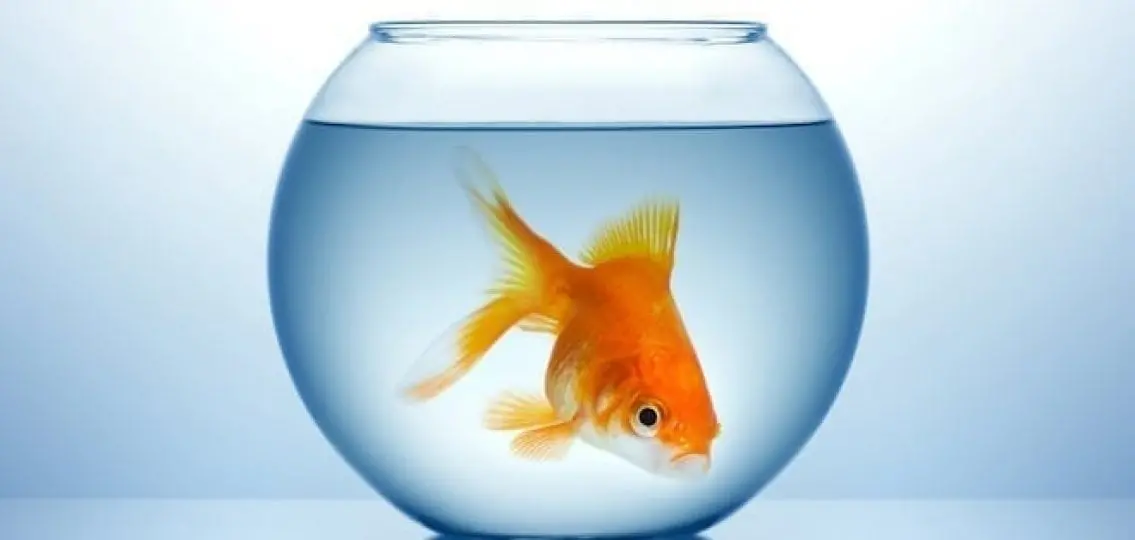Spoiler alert! Teens don’t like to study. It’s not because of laziness or TikTok, but because the teenage attention span could be shrinking.
A recent interaction with my teenage kids opened my eyes to the most likely culprit. Any guesses? There are the obvious suspects: Because it’s boring. Because it takes time away from them playing video games. Because it’s not as much fun as watching YouTube videos.
Any of those would be acceptable answers. But I realized there’s another, bigger issue at play here: the teenage attention span.
The day before my son’s history final, I told him I wanted him to hit the books a little longer that night. I knew he’d already done some studying when he got home from school, but I thought one more hour after dinner was reasonable. He groaned. His shoulders slumped.
And he whined that he didn’t have the attention span for that. I said, tough luck; get to it.
When I mentioned this to my wife, my 13-year-old daughter also happened to be in the room. She said she has the same problem with her attention span. Later that night, as I thought about those two conversations, I began questioning how I had handled things with my son. Then I did a little research and confirmed my suspicions. Here’s what I learned about the teenage attention span.
Attention Span Research: Man versus Goldfish
There’s a long-standing myth that the average attention span of a person (12 seconds) is shorter than that of a goldfish (nine seconds), so it could be said that we, as a society, have a shorter attention span than a goldfish. Some researchers debate the validity of these exact numbers, but either way, attention spans are shrinking.
The good news is that we are still capable of holding our focus on something when we are actively engaged in doing so. According to my research, the average 16-year-old can focus for between 48-80 minutes. However, it doesn’t mean they’re going to like it. And their ability to focus gets less and less over that time. Apparently, even when we’re trying, over time, our mind wanders.
What is The Average Attention Span of a Teenager?
The attention span of teenagers differs based on various components, but there are some estimates to follow. Experts indicate that 13-15-year-olds can stay on task for 30-40 minutes, while those 16 and older can keep their focus for 32-50 or more minutes.
One source explains that children and teens can actively focus for three to five minutes for every year of their age. So, a 13-year-old can pay attention for 39-65 minutes. So, if you’re wondering “what is the attention span of a 16 year old,” the answer would be between 48 and 80 minutes. It’s an easy way to calculate the attention span of high school students based on their age, but remember not everyone is the same.
Why Teens Struggle to Focus
Teens may have trouble focusing when they’re handling too much stress. From social pressures, academic expectations, and relationships, teens are learning to handle life and overcome issues. Teens will also struggle to focus if they have too many distractions.
Research shows that health behaviors, like having too much screentime, can impact a teen’s ability to focus. The same study shares that teens can have better concentration and memory by eating breakfast and getting at least eight hours of sleep on school nights.
Turn Weakness into Strength: Piecemeal Studying
And that’s when I had my epiphany. I talked this over with my wife —an elementary school teacher who is the master of knowing the youth attention span — and we came up with a solution: piecemeal studying. The idea was to break their study time up into manageable bite-sized chunks. The trick is to find just that right length of time where it’s long enough to get into a rhythm and short enough to keep their attention focused.
For our kids, we’ve found that 30 minutes is the golden length of time. They hunker down for a half hour, take a break for maybe 15-30 minutes, and then get back at it for another 30 minutes. Rinse and repeat. As a wise man once said, running a race is easier when you know where the finish line is. There’s something to that. The shorter chunks of time don’t feel so overwhelming, the kids can focus, and they can see the finish line each time.
So far, so good. There’s been less whining, less eye-rolling, and less general teen-like attitude. How this plays out with their grades, only time will tell. But in the meantime, I feel like we had a small win. Teens: 1. Goldfish: 0.
Recap: Teenage Attention Span
Teens may not like to study, but they can with good techniques and encouragement. When you try Piecemeal Studying, consider using timers and encourage physical activity during breaks.
When teens figure out how to make studying work for them, they’ll be more likely to do it, and it all starts with their attention spans.




